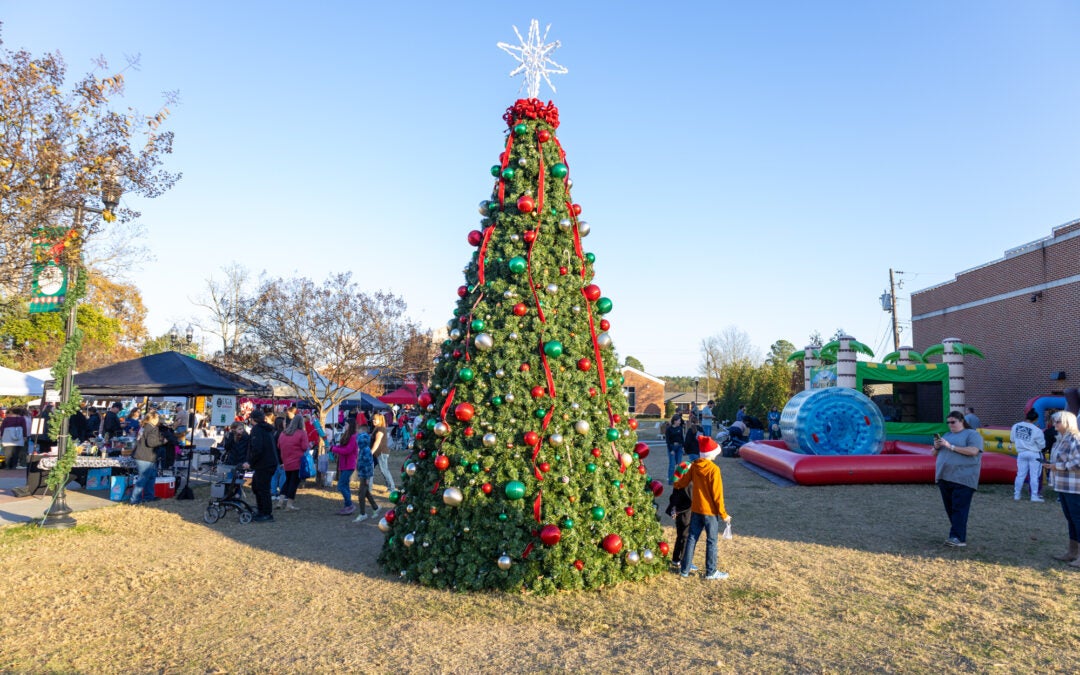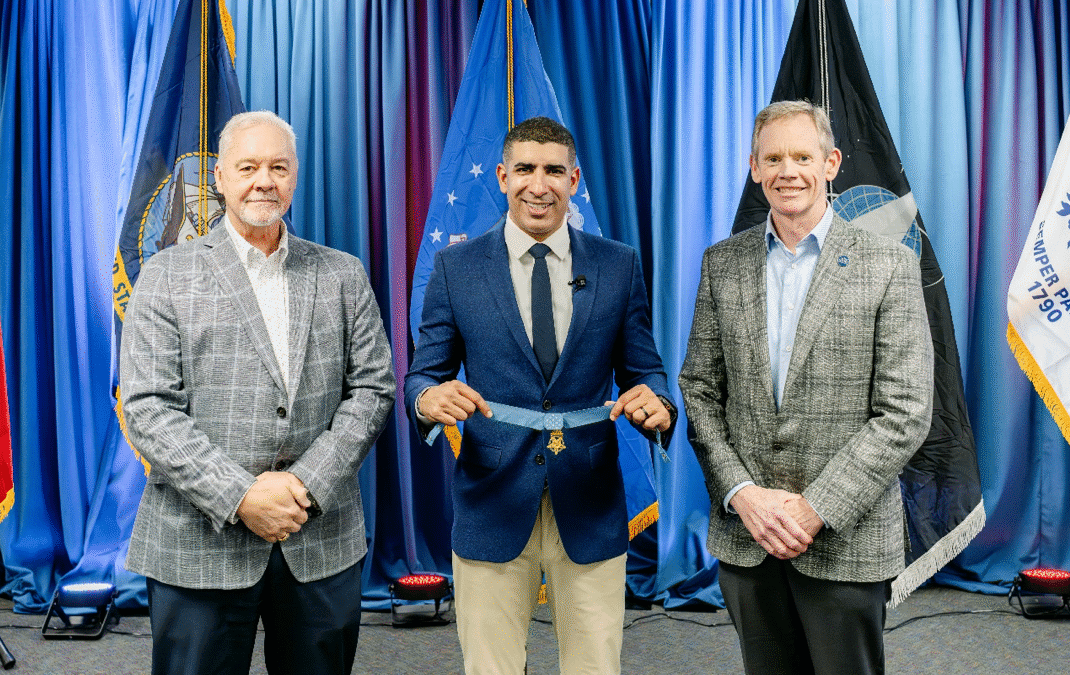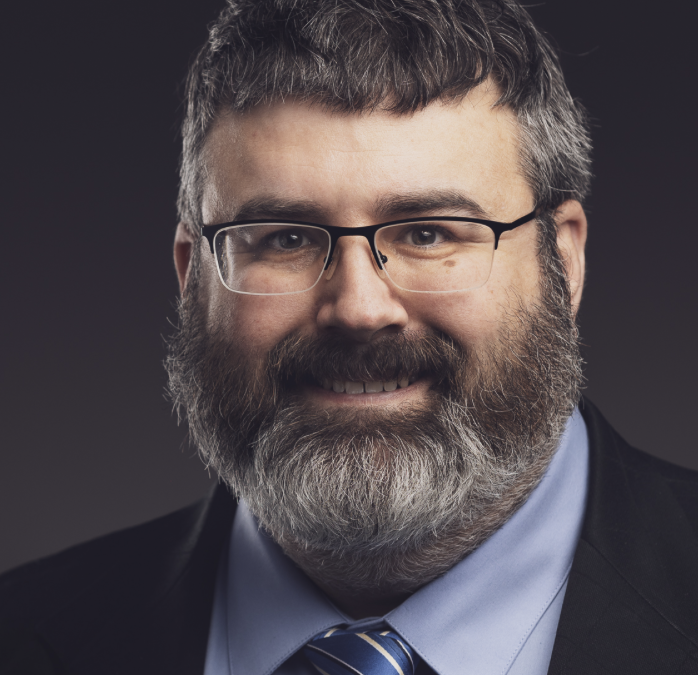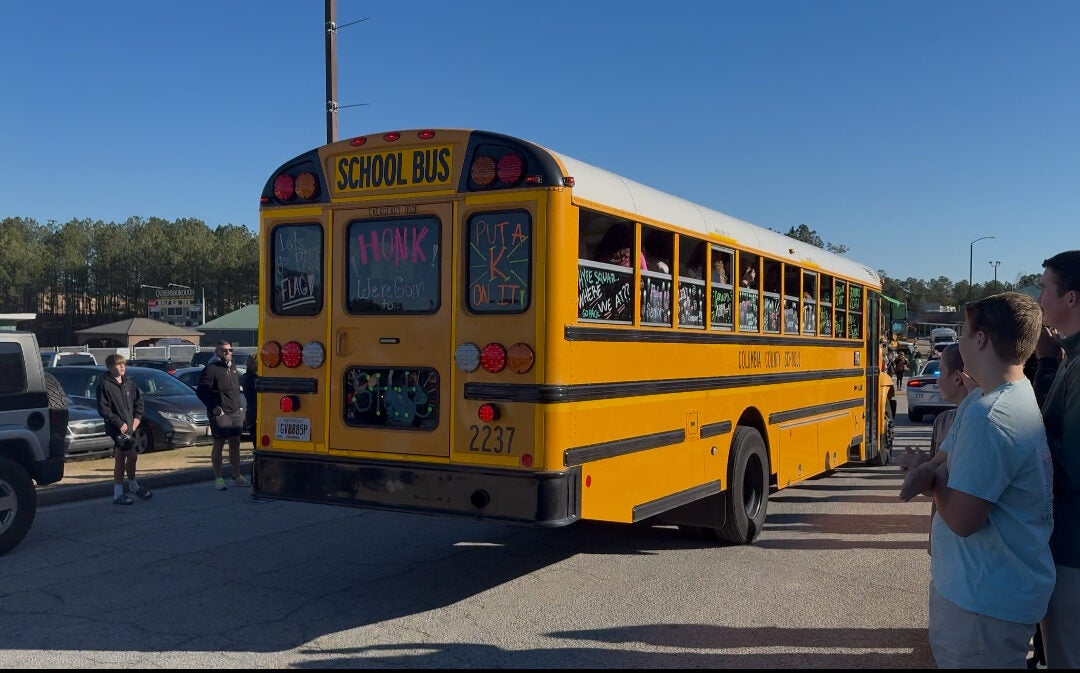When Jan Nguyen became pregnant, she knew she wanted to breastfeed her son. While pumping her milk to store, she discovered she is what is known as an “over-producer.”
“Once I realized I was an over-producer, I did a little bit of research about milk banks. And I chose the Mother’s Milk Bank of South Carolina because I wanted the milk to stay local,” she said. “Once I got approved, I donated with my son for a year.”
Nguyen continued contributing through subsequent pregnancies. She has donated nearly 20,000 ounces of breast milk, which is 156 gallons, since becoming involved with the milk bank.
“It sounds like a lot when you when you say the total volume. But I just was just really disciplined about it. And I just had a schedule, a pumping schedule,” she said.
MORE: Efforts to increase availability of infant formula continue
The ongoing shortage of infant formula has resulted in increased attention on mother’s milk banks across the U.S.
It has also, according to Lindsay Millonzi, manager of the Mother’s Milk Bank of South Carolina, resulted in a 20-25% spike in donations to their operation.
“Our breast milk donations, our primary purpose, is to serve the NICU community in South Carolina. But given this increase in donations, it has given us the opportunity to provide milk to the public to purchase with a pediatrician prescription,” she said. “And with so many parents struggling during this formula shortage, we hope this will help alleviate some stress and give families another safe option in their search.”
Millonzi said, because of the increased donations, this expansion to the public allows them to go beyond focusing on medically fragile children to now include anyone struggling to find adequate formula for their child. It does require a prescription from the child’s pediatrician.
The beginning of the crisis traces to supply chain issues connected with COVID-19. Then in February 2022 the FDA warned consumers not to use certain powdered formulas from Abbott, one of the largest manufacturers of baby formula.
Abbott initiated a voluntary recall of Similac, Alimentum and EleCare and posted information on its website saying, “Abbott is voluntarily recalling these products after four consumer complaints related to Cronobacter sakazakii or Salmonella Newport in infants who had consumed powder infant formula manufactured in this facility.”
MORE: Concern for children in hot cars is climbing with the temperatures
The Mother’s Milk Bank of South Carolina, founded at the Medical University of South Carolina in 2015, is one of 28 operations across the U.S, along with three in Canada. However, Lindsay Groff, executive director of the Human Milk Banking Association of North America, says Georgia does not have a state milk bank.
“But not to worry, Georgia is being served by other member milk banks,” she said. “A milk bank even as far as Austin, Texas, I just learned yesterday is serving babies in Georgia. Also, of course, Florida, and other milk banks that are in the United States with the sophisticated level of overnight shipping location is not all that important. During this crisis, our members are stepping up to include Georgia.”
Dr. Alison Chapman, medical director of MMBSC, echoes advice not to try to extend the amount of formula by diluting it or trying to make a formula at home using information found through a simple Internet search.
She also does not recommend using one of the milk-swapping or milk sharing offers that are available.
“A concern with that might be how the milk’s handled,” she said, adding, “It’s not going to be pasteurized. It’s not going to be a controlled process. You might not be aware of medications or herbal supplements or anything else that mother might be ingesting. So, that could make her milk unsafe for your baby if you went through a sharing or swapping process. The donor milk is very different though.”
She said prospective donors go through a rigorous screening process including questionnaires, health forms and their physicians must sign off on it. They screen all the woman’s medicines or herbal supplements, anything that could have effects on the milk drawn.
There are milk depots in counties across the state where approved donors and drop off their breast milk. One is the Aiken County Cooperative Clemson Extension Service at 1555 Richland Avenue East.
Families interested in buying from the milk bank can apply on its website https://musckids.org/our-services/milk-bank. Fill out the “get involved” form and look for the “I am interested in” option. Or call (843) 792-5415 between 9 a.m. and 4 p.m. weekdays. A milk bank team member will contact the applicants to go over the requirements. A woman interested in becoming a milk donor can also apply on that website.
The locations of the drop off depots in South Carolina counties is at: https://musckids.org/our-services/milk-bank/milk-bank-locations
More information about the https://www.hmbana.org/
Dana Lynn McIntyre is a general assignment reporter for The Augusta Press. Reach her at dana@theaugustapress.com











